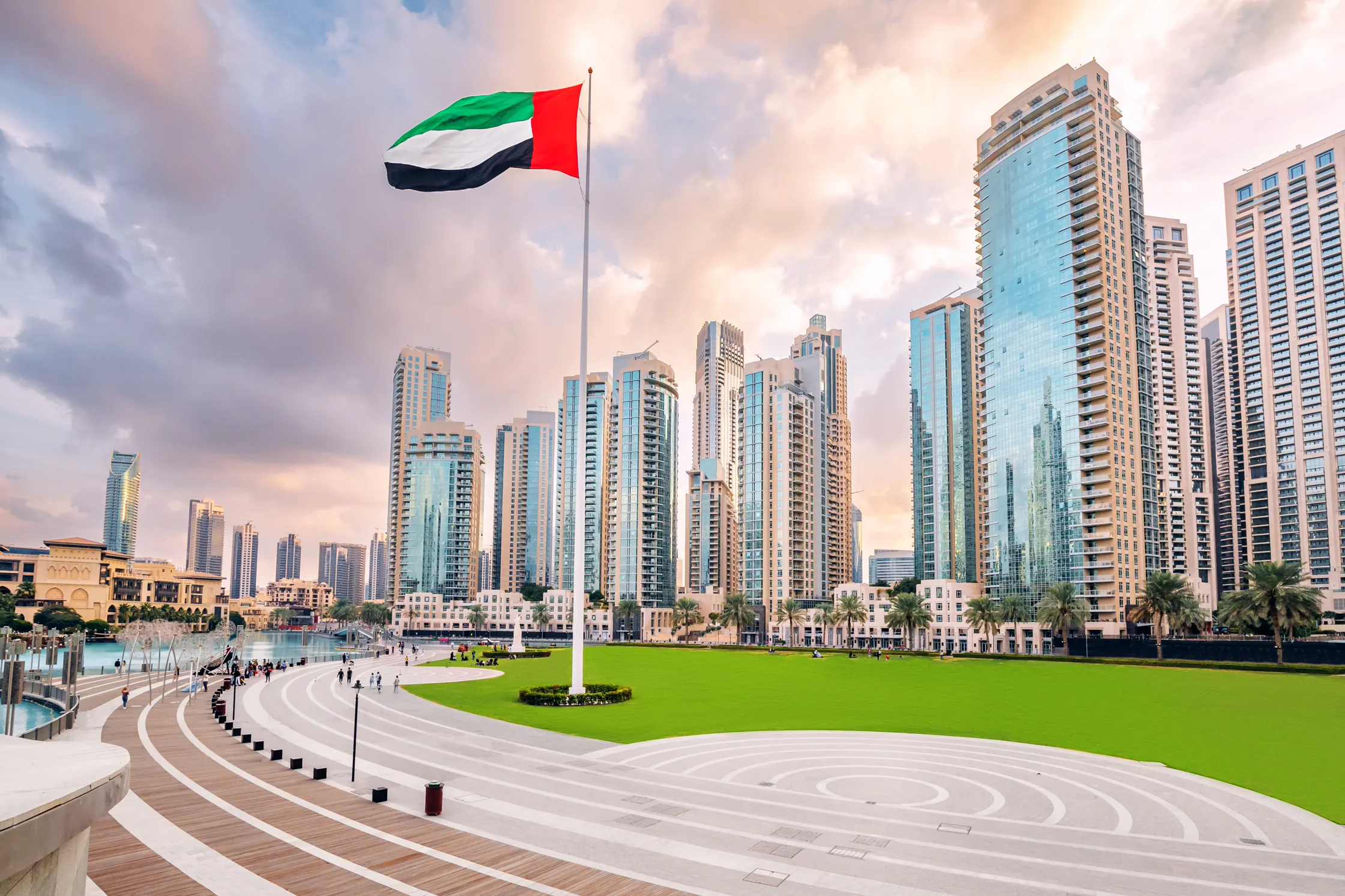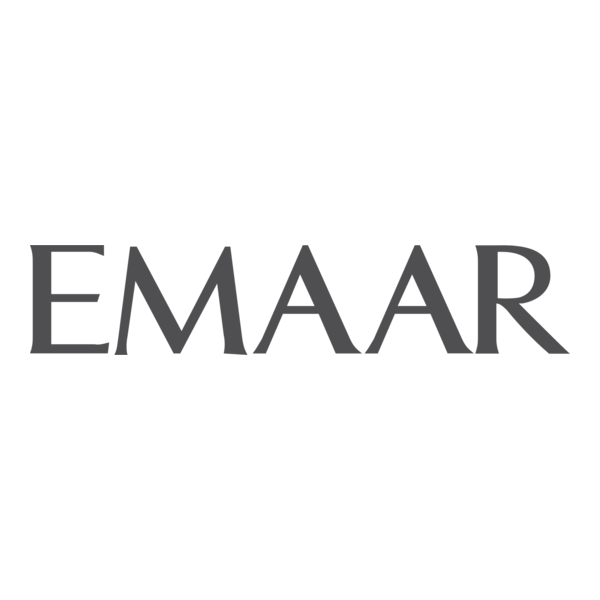Apartments for Sale Dubai (2025: Top Investment & Luxury Living)

Why Dubai's Financial Incentives Attract Global Investors
One significant advantage for those considering buying property in Dubai is its robust tax-free framework. Investors in Dubai enjoy the absence of income tax, capital gains tax, and annual property taxes, allowing them to maximise their financial returns. This structure contrasts sharply with global hubs like London or New York, where taxes can heavily impact profitability. Any rental income generated is entirely yours, free from income tax in Dubai. At the point of purchase, buyers incur a one-time Dubai Land Department (DLD) transfer fee of 4%, alongside standard registration and administrative charges.
For those exploring apartments for sale Dubai, these lower transaction costs enhance the market's appeal compared to many international destinations.
This favourable tax system is further complemented by the strong potential for return on investment (ROI). The Dubai market is renowned for delivering impressive rental yields, averaging 5% to 8% for residential properties in 2025. This is considerably higher than the 2% to 4% typically observed in other major cities. Furthermore, the market boasts a proven track record of steady capital appreciation, with residences in prime areas like Downtown Dubai, Dubai Marina, and Palm Jumeirah consistently increasing in value over the last decade.
What Makes the Market Stable and Secure
Dubai's global reputation as a safe city offers a secure foundation for any investment. Its political stability and efficient legal system instill investor confidence in the long-term safety of their assets. The real estate market is rigorously regulated by government bodies such as the Dubai Land Department (DLD) and the Real Estate Regulatory Agency (RERA). These entities ensure transparency and protect investor rights. For off-plan properties Dubai, regulations like mandatory escrow accounts mean developers access funds only after reaching specific construction milestones, safeguarding buyer capital.
Partnering with a licensed real estate agency in Dubai is crucial. This ensures compliance with all regulations and provides investors with peace of mind throughout the entire purchasing process.
The city's economic fundamentals remain equally robust. The UAE's GDP is projected to grow by 4.1% in 2025, fueled by flourishing sectors like tourism, trade, and financial services. This economic strength drives population growth, with Dubai's population exceeding 3.84 million in 2024. This constant influx of new residents, over 85% expatriates, ensures consistently high demand for housing. Such demand supports both property values and rental prices across the emirate.
How World-Class Infrastructure Drives Property Value
Dubai maintains a strong commitment to continuous development. Massive government investment flows into its world-class infrastructure. Projects like the ongoing Dubai Metro expansion, the new Al Maktoum International Airport, and smart city technology significantly enhance connectivity and liveability. These improvements directly boost property values. The Dubai 2040 Urban Master Plan aims to further improve the quality of life, accommodating a projected population of 5.8 million. This signals robust long-term growth for Dubai property investment.
Such upgrades particularly benefit Dubai Marina apartments and Palm Jumeirah villas. These are among the city’s most established and desirable communities, attracting significant interest in 2025.
This infrastructure commitment is evident in Dubai's master-planned communities, including Dubai Hills Estate and Dubai Creek Harbour. These feature integrated amenities like schools, malls, and healthcare facilities. These self-contained neighbourhoods are increasingly popular, attracting residents and investors alike, thereby driving appreciation. The city's strategic location, placing 80% of the world's population within an 8-hour flight, further solidifies its position as a global hub for business and travel.
What Are the Lifestyle and Residency Perks
Investing in Dubai real estate extends beyond just financial returns; it's also a lifestyle choice. The opportunity to secure long-term residency remains a major draw for international investors. By investing a minimum of AED 2 million in property, you can qualify for the 10-year Dubai Golden Visa. This prestigious visa extends to your family. The Dubai Golden Visa offers significant benefits, including the ability to live, work, and study in the UAE without a local sponsor. It also provides access to the Esaad privilege card, offering discounts across thousands of businesses.
When you buy property in Dubai worth AED 2 million or more in 2025, you become eligible for this Golden Visa. It perfectly combines financial and lifestyle advantages in a single strategic move.
The market also presents remarkable flexibility and accessibility. Investors can purchase property with cash, finance through a mortgage, or opt for attractive developer payment plans for off-plan properties Dubai. These payment plans often require only a small upfront deposit, with the balance spread over several years. This makes it easier for a wider range of buyers to enter the vibrant Dubai market.
The Appeal of a Diverse and Innovative Market
Dubai’s property market caters to all investment levels. Options range from affordable studio apartments for sale Dubai to opulent Dubai luxury villas. You can discover entry-level units in communities like Jumeirah Village Circle (JVC) starting from approximately AED 750,000. In contrast, ultra-luxury homes on Palm Jumeirah can command prices well over AED 25 million. This wide diversity ensures that whether you are a first-time buyer or a seasoned portfolio investor, ideal options exist to match your financial goals in 2025.
The city also stands at the forefront of architectural innovation. There's a growing focus on sustainability and smart technology. New developments increasingly incorporate green features and wellness-focused amenities, aligning with global trends. This approach helps future-proof investments. This forward-thinking vision, coupled with a thriving tourism industry that fuels demand for short-term rentals, ensures Dubai remains a dynamic and resilient real estate market.
Get Your Free Dubai Investment Guide
What's Inside:
- ✓8+1 reasons international investors buy in Dubai
- ✓Market overview – the numbers you must know before investing
- ✓Off-plan vs Ready – what are the advantages?
- ✓Top 6 emerging locations for off-plan investment
- ✓Golden Visa – frequently asked questions answered
Your information is private. We never spam.







